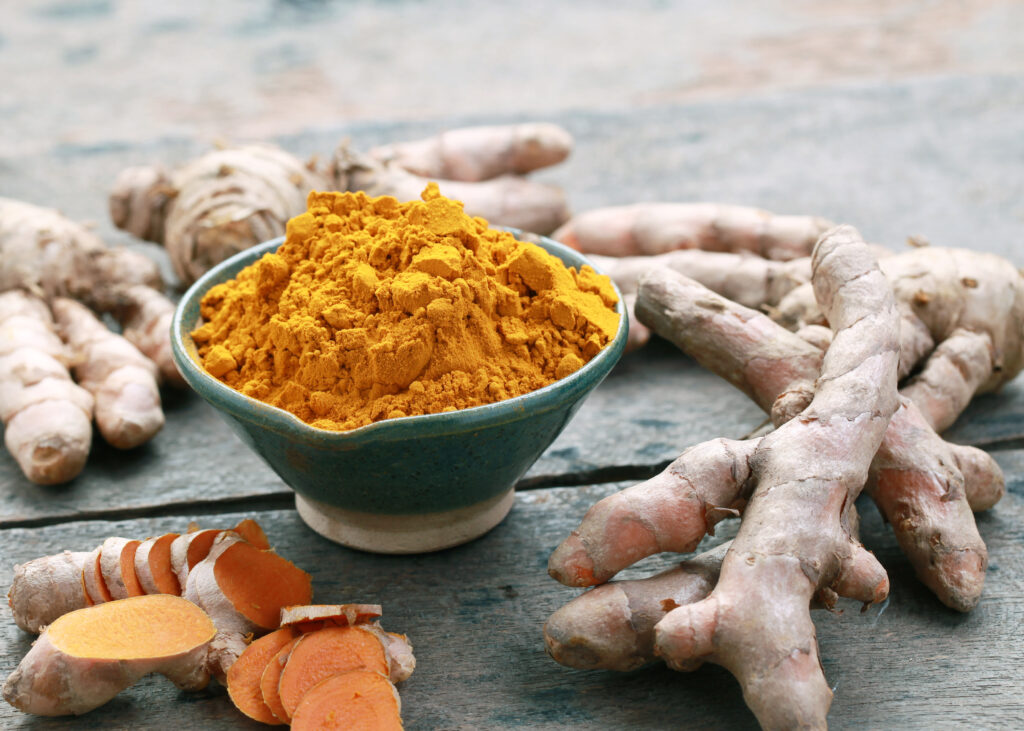Advertisement
Ask the Experts
The difference between regular turmeric and fermented turmeric

Advertisement
Q: I’ve been hearing about fermented turmeric lately. What’s the difference between regular turmeric and fermented turmeric?
A: Recently, turmeric has become a very popular herb due to its many health benefits. Unfortunately, taking excess amounts for enhanced effects has certain limitations.
Since turmeric is a spice, it can lead to digestive discomfort if consumed in large amounts. Also, the key nutrients within turmeric, such as curcumin, are difficult to absorb and have poor bioavailability. But when turmeric is fermented, it becomes something very different and offers a complete solution to these limitations.
Superior bioavailability
Fermentation increases bioavailability in two ways. First, the key nutrients within turmeric are much better absorbed into the body due to enhanced water solubility. Second, those nutrients are converted into an activated form that the body can readily utilize for full effect. Fermented turmeric is also less spicy and therefore more tolerable.
Increased active nutrients
The amounts of key nutrients within turmeric are significantly increased through fermentation. Research shows that when curcumin, one of many curcuminoids within turmeric, is fermented, a substantial amount of it is transformed into a compound called tetrahydrocurcumin.
This activated, water-soluble curcuminoid has superior antioxidant activity and is better absorbed by the body than curcumin. Interestingly, curcuminoids also work better together rather than on their own, so fermenting whole turmeric provides the greatest synergy and benefit.
The gift that keeps on giving
There’s another great advantage of fermented turmeric. Because micro-organisms are required for fermentation, the turmeric is delivered as a living, whole food matrix rich in enzymes and beneficial microflora to support our own digestive systems.
By combining the two latest stars of nutrition, turmeric and fermentation, we really do have a marriage made in heaven.





